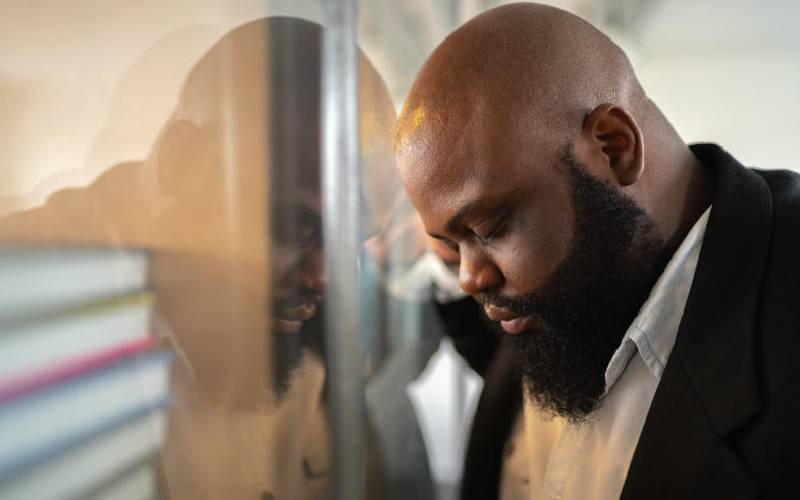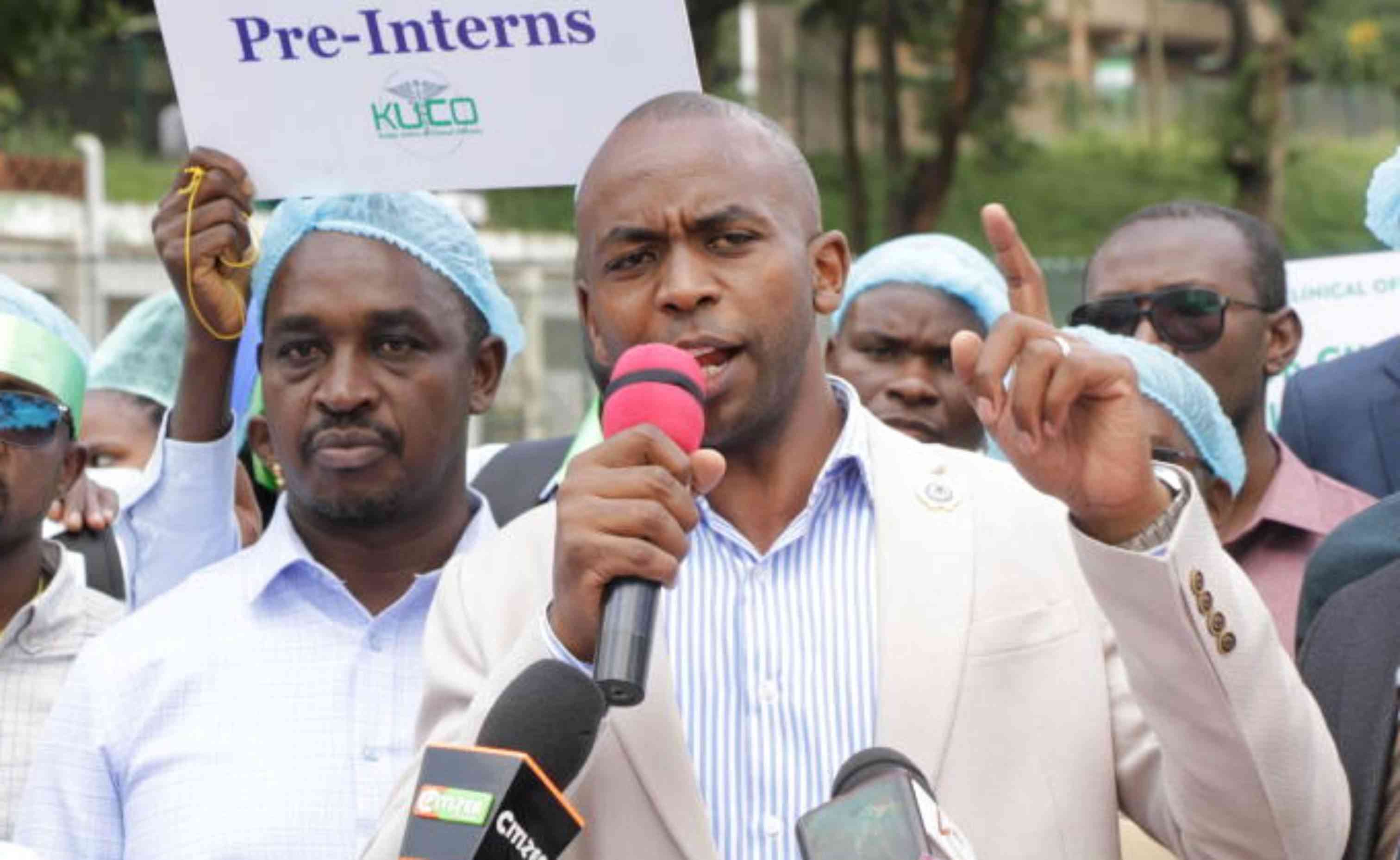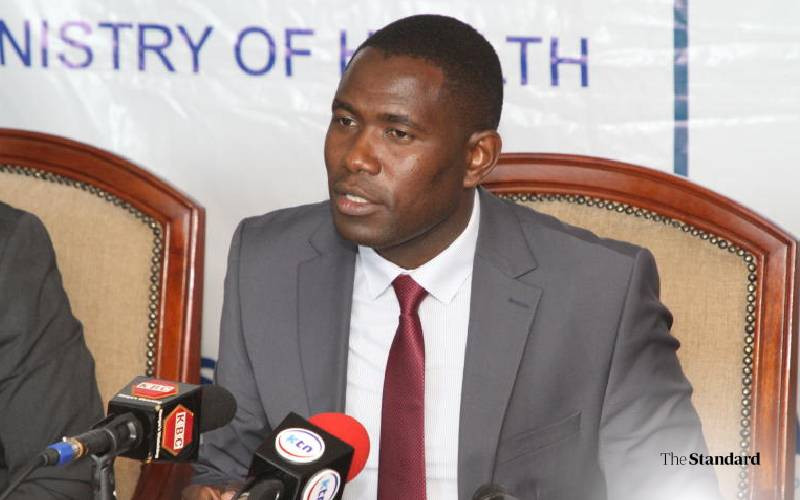
Mental health has long been treated as an invisible domain—silent, sidelined, and severely underfunded. But when it comes to men, the silence is louder. Each year, Men’s Mental Health Awareness Month calls our attention to the largely unspoken emotional burdens that many men carry. As a psychiatrist working in one of Kenya’s largest and busiest public health facilities, I witness this crisis not as theory, but as daily reality.
The image of masculinity in our society is one of toughness, stoicism, and self-reliance. Men are taught from a young age that vulnerability is weakness, that speaking about fear, sadness, or mental distress is unmanly. These deeply embedded gender norms discourage help-seeking behavior and make emotional suppression the default coping mechanism for many men.
Yet behind closed doors, the statistics tell a more honest story. According to the Kenya National Bureau of Statistics (KNBS), men account for a higher number of suicide deaths compared to women. Suicide is often the tragic end point of untreated or poorly managed mental health disorders—depression, anxiety, trauma, or substance use—all of which are prevalent among men but go largely unspoken and unseen.
Globally, the World Health Organisation estimates that over 264 million people live with depression. In Kenya, the Ministry of Health has placed the national prevalence of mental health conditions at 4.4 per cent, a figure that is likely underestimated due to limited access to diagnosis and care. Within this population, men form a large but hidden demographic, often presenting for care only when the condition has severely impaired their daily functioning or become life-threatening.
One of the most difficult aspects of treating male patients is not the clinical diagnosis, but the delay in seeking help. By the time many men walk into my office—or are brought in by family members—they have endured years of silent suffering. Some have lost their jobs or families. Others have developed substance use disorders or physical illnesses exacerbated by chronic stress.




This is not just a medical issue; it is a public health and social development concern. Mental illness in men affects entire households. When men are unable to cope, the ripple effects extend to their children, spouses, and communities. In a country where men are still seen as the primary breadwinners, the emotional strain of economic instability, joblessness, and rising cost of living becomes a toxic cocktail for mental breakdowns.
At public hospitals, we continue to see a growing number of male patients presenting with symptoms of anxiety, depression, PTSD, and psychosis. However, this increase is not necessarily because more men are seeking help voluntarily, but because the consequences of untreated illness are reaching crisis levels. Inpatient psychiatric wards often admit male patients who arrive in states of acute distress—some suicidal, others aggressive or severely withdrawn.
Addressing this issue demands a multi-level response.
First, we need to normalise emotional literacy and mental health conversation among boys and men. This can begin in schools, barazas, churches, and mosques; spaces where men congregate and influence each other. We must replace toxic definitions of masculinity with ones that allow men to be expressive, vulnerable, and emotionally aware.
Second, we need to build mental health services that are accessible, affordable, and tailored to male engagement. Men are less likely to walk into traditional counseling clinics. Community-based outreach, mobile mental health programs, and integration of mental health into primary healthcare settings can bridge this gap.
Third, we must amplify public awareness through media, influencers, sports figures, and everyday role models. If well-known male figures publicly advocate for mental health, the impact can be significant. Representation matters.
Finally, mental health should be viewed not in isolation, but as part of our country’s development agenda. Economic empowerment, job creation, and education reform are mental health strategies just as much as clinical treatment is. If we are to reduce the burden of mental illness among men, we must also reduce the structural pressures that contribute to psychological distress.
The responsibility to act lies with all of us; healthcare providers, policymakers, educators, and families. But for those of us in the medical field, we must continue to push for evidence-based, compassionate care that treats men not just as symptoms to be managed, but as human beings deserving of understanding and support.
This Men’s Mental Health Awareness Month, I call upon my fellow Kenyans to break the silence. Let us speak up for our brothers, sons, fathers, and friends. Let us build a society where seeking help is not a sign of weakness, but of strength. Because every life saved through timely mental health care is a life that can continue to build, nurture, and contribute to our nation.
Stay informed. Subscribe to our newsletter
- Dr Rajab Saddam Masinde, Consultant Psychiatrist, Kenyatta National Hospital